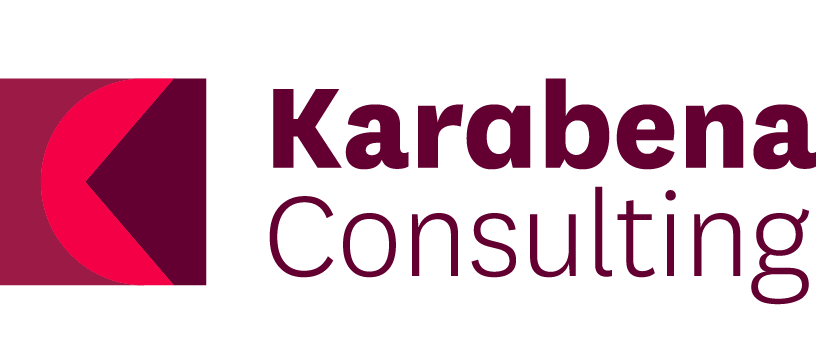Eastern Metro Primary Health Network (EMPHN) and First Nations Forum
Eastern Melbourne Primary Health Network
Who funded the project
Karabena Consulting was engaged by EMPHN to support the organisation develop a strategy to create trusting relationships, focusing on self-determination, and to gauge whether there is a need to independently measure the ‘health’ of their partnerships and the extent to which EMPHN funding is enabling self-determination.
To achieve this aim, Karabena Consulting utilised a series of highly interactive and culturally safe methodologies encompassing co-design, strength-based approach, two-way learning, and case studies to ensure successful engagement with stakeholders.
We provided a detailed report that supports EMPHN to reflect on these outcomes:
Recognise the need to define what is meant by ‘partnerships’ within their organisation.
Assess how ‘healthy’ their partnerships are with stakeholders.
Develop an understanding of the extent to which their partnerships enable self-determination.
A literature review of best practices in establishing and valuing genuine partnerships with Aboriginal and Torres Strait Islander people.
Ways to strengthen existing partnerships through continuing quality improvement strategies.
Summary
EMPHN’s federally funded Aboriginal Health and Wellbeing Program is reliant on quality relationships with Aboriginal Victorians and their representative organisations in the region. To support services that meet the expressed needs of their communities, EMPHN needs to plan, implement, and evaluate the impact of Commonwealth investment in local areas. The aim of this project was to bring the sector together with the EMPHN to reconnect with agencies in the region in a post COVID environment.
Project Aims
To complete this project, Karabena Consulting utilised the following methodologies.
Co-design: the agenda for workshops, layout of the room and resources were shared with participants to ensure they were co-creators in the process of engagement, implementation, evaluation, and knowledge translation.
Strength-based: utilised to promote aspirations, confidence, leadership, ownership, and accountability particularly in a post COVID environment for Indigenous stakeholders and to understand, discuss and affirm access point in EMPHN funding process.
Two-way learning: a facilitated discussion where Professor Arabena provided practical assistance to support participants understand, organise, and communicate their own needs and expectations and to be open to the communication from other parties in proactive and assertive ways.
Case Studies: used to facilitate a learning point to gauge participant responses to, and analysis of, situations that are evident in the community.
Methodologies
Relying on the Indigenous methodology of ‘yarning’ as a technique to commence and stay in conversation with each other, we were able to shift mindsets from:
Identities structured around ‘positions held’ to being humans in a human experience.
Our heads to our hearts.
Talking to listening. The practice of Dadirri was used to promote deep listening, i.e. listening without needing to answer.
·‘I am new in this role’ to ‘I am consciously unconscious’ of the things I don't know.
Fragmentation and ‘money led’ initiatives to holistic and integrated interventions ‘led by community’.
Methodological outcomes
The key outputs for this project were:
A detailed report reflecting EMPHN’s recognised need to define what is meant by ‘partnerships’ within their organisation, assess how ‘healthy’ their partnerships are with stakeholders, and understand the extent to which their partnerships are enabling self-determination.
A literature review that provides the basis of best practice in establishing and valuing genuine partnerships with Aboriginal and Torres Strait Islander peoples.
A successful workshop and case studies sessions where EMPHNs and ACCO’s sought to identify ways to strengthen existing partnerships through continuing quality improvement strategies.
Project Outputs
Community organisations have stated very clearly that the following are important to the relationship between ACCO’s and PHNs.
Relevant partnership agreements that are underpinned by a genuine commitment to self-determination.
A commitment by EMPHN to provide adequate funding, engage in explicit agenda setting, invest in local initiatives to build capacity, and provide brokerage funds for new and emerging issues.
Supporting and promoting the transfer of monitoring and evaluation strategies to the community. This could be facilitated through trained community researchers and locally identified champions who can provide ongoing feedback, local analysis and interpretation in a collaborative way that strengthens strategic partnerships throughout the region.
Project Outcomes
#Self Determination #partnerships #commissioning #frameworks #data sovereignty #relationships #collaboration #leadership #resources #decisionmaking
